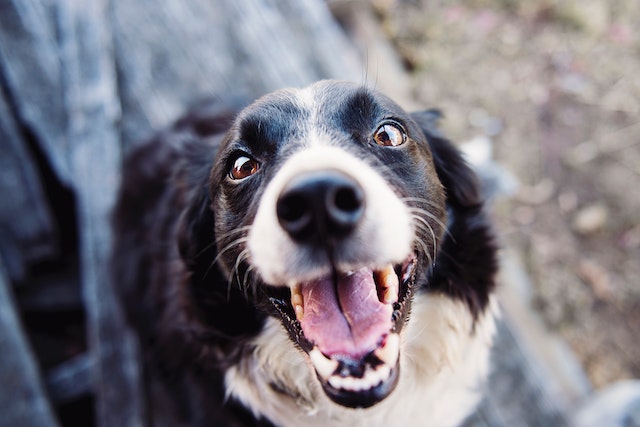What’s the Reason behind a Dog Shaking?

Not only humans can feel scared, but dogs can also feel fear. However, dogs are better at concealing their fear. When their fear reaches its peak, their bodies will tremble involuntarily.
If you notice this in your pet, it is important to identify what is causing their fear and resolve the issue. Once the problem is resolved, your dog should be able to return to their normal state.
If your dog is not sick or scared but is frequently trembling, it could be due to a calcium deficiency in their body. This can cause their legs to be unable to support their body, leading to involuntary shaking.
Common Reason behind a Dog Shaking
Excitement shaking
Dogs shake when they are very happy and excited, just like humans. This kind of shaking is safe, and owners do not need to worry too much!
Nervous shaking
When dogs are nervous or scared, it shows immediately in their body language. Encounters with aggressive dogs, going to the vet, taking a bath, or thunderstorms can cause a dog to shake uncontrollably! Usually, this behaviour is accompanied by droopy ears and tails, and the dog’s body will curl up, showing signs of anxiety.
Cold temperature shaking
When the temperature drops, dogs will also shake to produce heat. If a dog is already shaking due to being too cold, take it indoors and add some warm clothing! Especially for older dogs or those with weakened health, they are more vulnerable to the cold, so it’s important to keep them warm during the winter!
Illness shaking
If the dog’s shaking is not caused by the above reasons, and there are symptoms such as fatigue, sleepiness, or weakness, it may be due to illness, such as kidney disease, nerve disease, joint pain, etc. Older dogs are especially prone to unexplained shaking, which is a warning sign from their body! Owners should take them to the vet for examination right away!
Poisoning shaking
Among all the reasons for shaking, the most dangerous is due to poisoning! If a dog ingests harmful substances, it may exhibit shaking, convulsions, weakness throughout its body, vomiting, and other reactions.
Once you notice any abnormal behaviour, please take your dog to a veterinarian for proper treatment right away!
